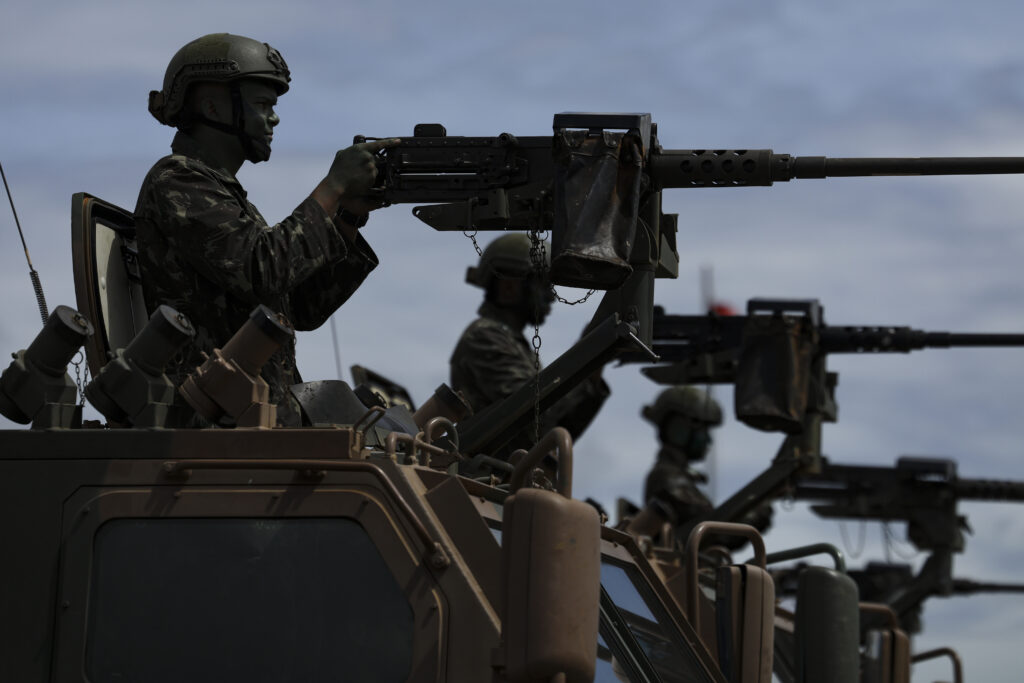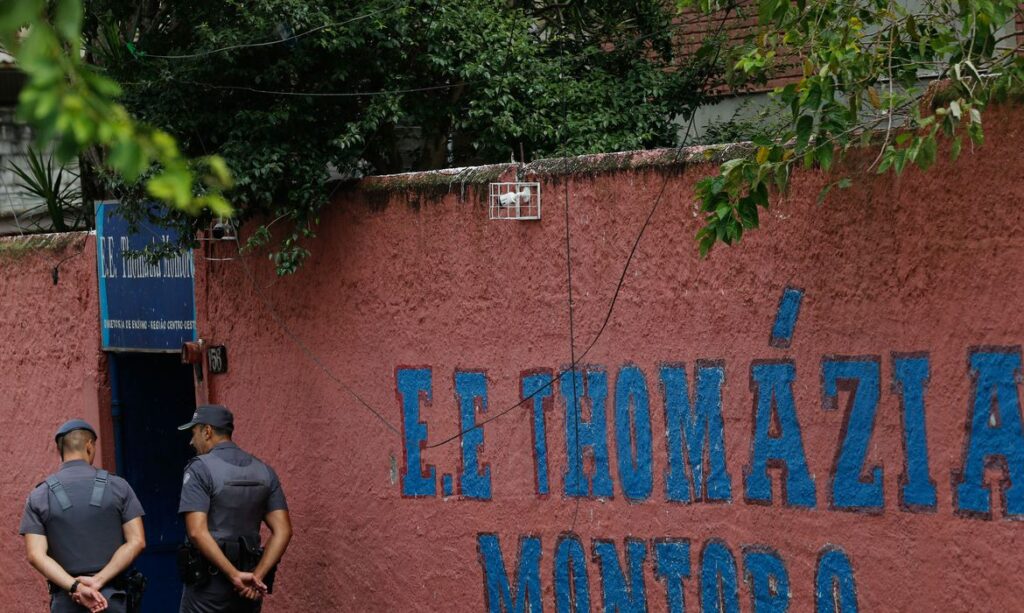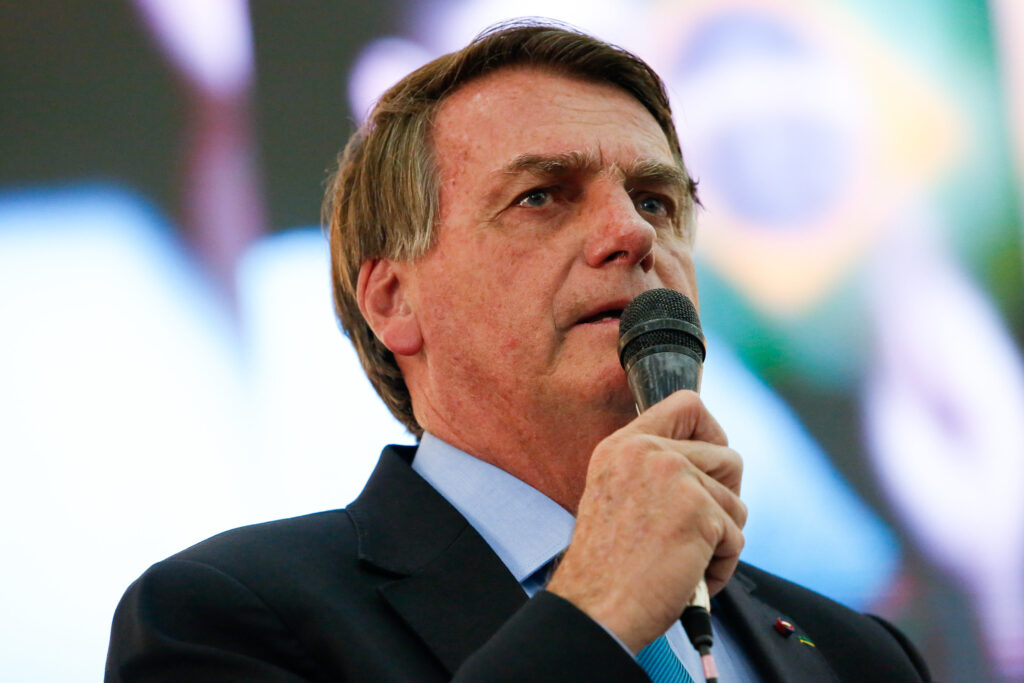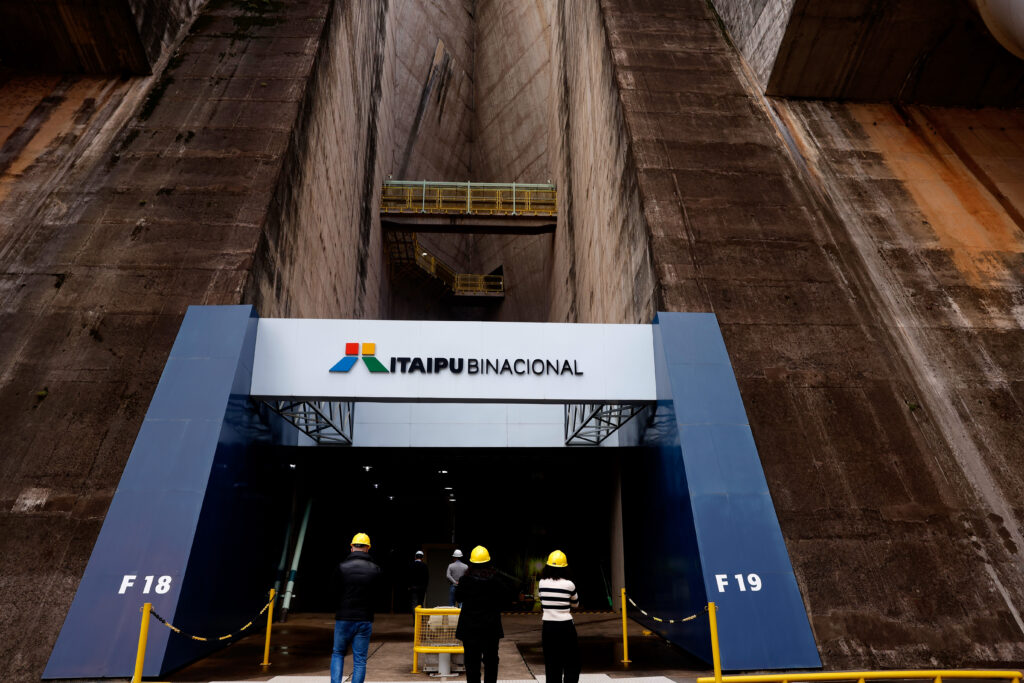São Paulo, Brazil – Over 155 million voters are expected to head to the polls in Brazil this Sunday to elect mayors and city council members in 5,569 municipalities across the country. International observers from the Organization of American States (OAS) and Mercosur’s Parliament (Parlasur) will monitor the electoral process in various polling stations throughout the country.
The largest metropolis in the southern hemisphere, the city of São Paulo has more than 9 million people eligible to vote. Considered an important political office in the country, the mayoralty is being contested by 10 candidates, only three of whom appear to have a real chance of winning, according to the main polls.
Federal Congressman Guilherme Boulos, a leftist candidate, leads the most recent poll conducted by Datafolha Institute with 26% of voter support. Boulos benefits from the backing of Brazil’s President Luiz Inácio Lula da Silva, who has actively campaigned for him. He has attended several events alongside Boulos and recorded dozens of videos encouraging supporters to vote for him.
Known for his roots in pro-housing social movements, Boulos has focused on winning the vote of São Paulo’s working-class neighborhoods. His key campaign promises include the construction of 50,000 affordable housing units, implementing full-time education in all municipal schools, and expanding the public health system.
Incumbent Mayor Ricardo Nunes, a right-wing politician, is trailing closely behind with 24% in the same poll. Nunes has received discreet support of former president Jair Bolsonaro, who, despite appeals from allies, has not engaged in Nunes’ campaign, only mentioning his name in a few internet broadcasts in recent days. To secure another four years in office, Nunes has pledged to expand public transportation, creating exclusive bus lanes and a hydrogen-powered light rail system. On public safety, he plans to hire 2,000 more city guards, increasing the force from 7,000 to 9,000 officers.
Although in Brazil public security is the responsibility of the state governors, to whom the police forces are subject, the municipalities carry out complementary work through the civil guards.
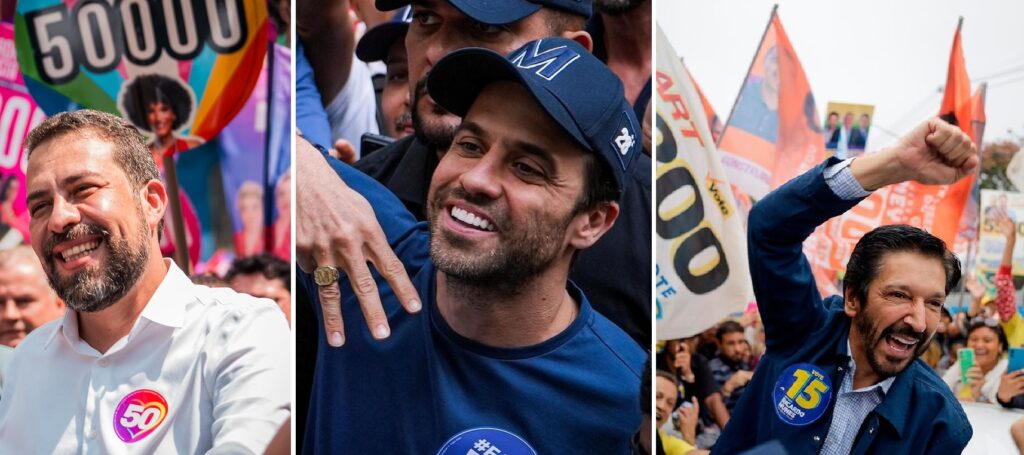
Tied with Nunes at 24% is Pablo Marçal, a coach and businessman with a strong far-right platform. Popular among Bolsonaro’s base, Marçal champions conservative causes such as opposition to abortion, traditional family values, and the promotion of Christian faith.
Marçal and Bolsonaro, however, do not have a good relationship and often attack each other in posts on the internet. Experts in Brazilian politics believe that the former president, who has been declared ineligible to hold public office until 2030, sees Marçal as a threat to fill the vacuum left by his conviction among the conservative base. Marçal’s key proposals for São Paulo include creating 2 million jobs in the poorest areas of the city, tripling the city’s civil guard to 21,000 officers, modernizing public healthcare, and introducing entrepreneurship and emotional intelligence education for young children.
With no candidate polling above 50%, a runoff election in São Paulo seems likely.
Rio de Janeiro
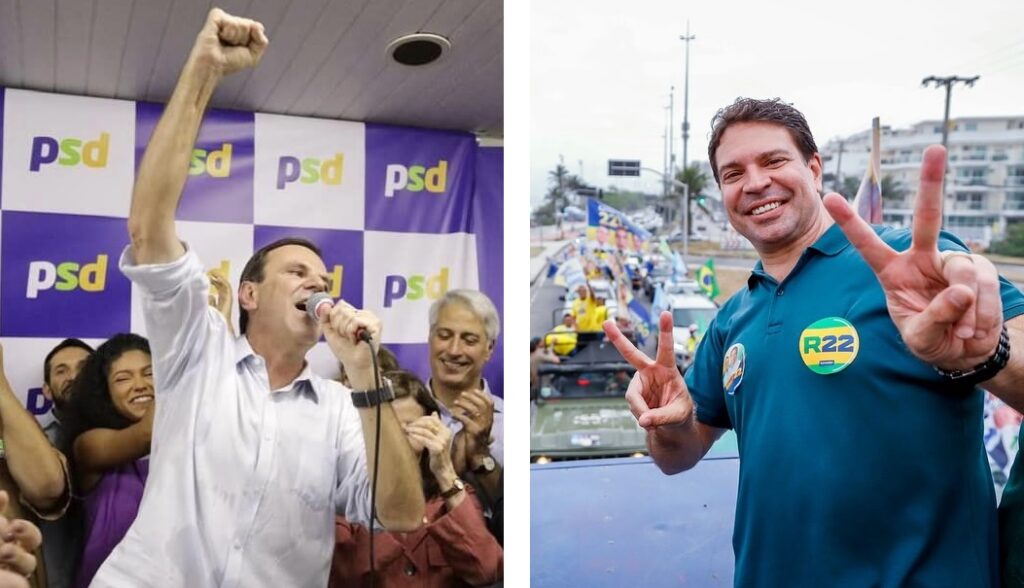
In contrast, Rio de Janeiro’s mayoral race appears to have a clear front-runner. With more than 5 million voters expected to participate, incumbent Mayor Eduardo Paes is predicted to win re-election in the first round.
Paes, a centrist politician with strong support from President Lula, is polling at 54%, according to Datafolha. Known for his charisma and experience, Paes is running for his fourth term, having previously served as Rio’s mayor from 2009 to 2017.
His main proposals include creating 13,000 new spots in daycare centers, building 20,000 affordable housing units, expanding health centers, and improving the city’s bus rapid transit system.
Trailing behind with 22% is Federal Congressman Alexandre Ramagem. A former Director-General of Brazilian Intelligence Agency (Abin) under Bolsonaro, Ramagem has the ex-president’s endorsement, though many view his chances of forcing a runoff as slim.
Ramagem’s proposals include extending school hours, building new health clinics, restructuring the city guard to combat organized crime, and replacing bus lanes with surface metro lines.
Recife
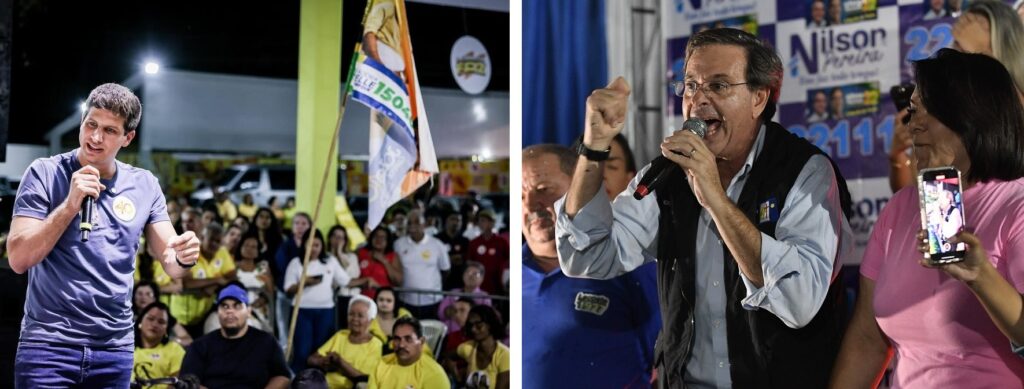
In Recife, one of the most important cities in the northeast of the country, the race is even more one-sided. Current Mayor João Campos, a 30-year-old rising star from the left, has an overwhelming 74% of voter support, while his closest competitor, former Tourism Minister Gilson Machado, lags far behind with just 10%.
Campos, a strong ally of Lula, hails from a prominent political family. His father, the former governor of Pernambuco Eduardo Campos, died in August 2014 in a plane crash in the city of Santos, on the coast of São Paulo. At the time, Eduardo was a candidate for the presidency of Brazil and was taking part in campaign commitments. João inherited his charisma, thoughtfulness and talent for politics from his dad.
João Campos is often considered a potential future leader in national politics. His second-term plans include modernizing Recife’s civil guard, enhancing early childhood education, and building community centers for the elderly and disabled.
Gilson Machado, Bolsonaro’s candidate, has promised to hire more healthcare workers, extend clinic hours, establish emergency veterinary units, and improve teacher salaries. However, with his current polling numbers, he may not get the chance to put these ideas into action.



